"We started processing a special seedless citrus variety, the Miyagawa, at the end of October 2022, and then we switched to oranges," said Salvatore Imbesi, president of a business network in Sicily that includes Ortogel and Agrumi-Gel, two citrus processing companies, and the Service Calatino cooperative.
"But the citrus sector is undergoing difficult times. For example, on 29 September 2022, a protest, organized by Ortogel, took place, which had wide resonance in the national press. Along these lines, it is sad to note the passivity of the authorities, to date there has been no response from local, regional or national policymakers."
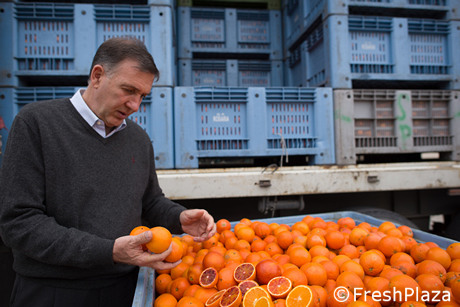
When compared to 2021, in 2022 about 30% less citrus has gone to the processing industry. Now another increase is expected, as the decline in fresh citrus consumption may lead to increased production of derivatives.
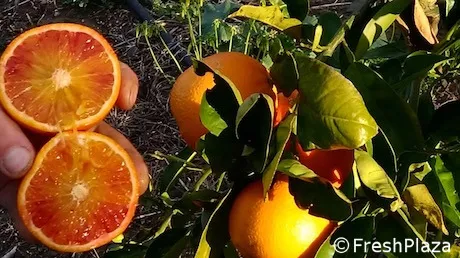
"While the problems of Sicily's citrus sector are well known, it is appropriate to reiterate once again that there are concerns about the damage caused by climate change and unsustainable energy price increases. There has been no major technical consultation so far, as requested by the many sector partners. We are at the mercy of the multinationals, who now control the energy resources and all the consumables used by the sector. And at a commercial level, the problem is that consumers are drastically reducing the consumption of fruit because of reduced purchasing power."
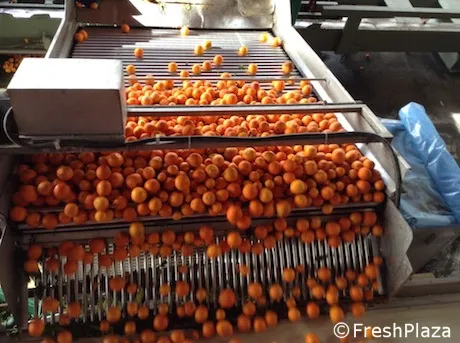
"With the drop in consumption, growers are concerned that some of their production will be lost. For growers who have not yet harvested and sold their citrus, there will be even more costs. Because as a result of the high temperatures, the fruit must be irrigated and treated to keep it from falling off the trees. Still, citrus companies continue to invest in production and put faith in the future, despite the absence of governmental support."
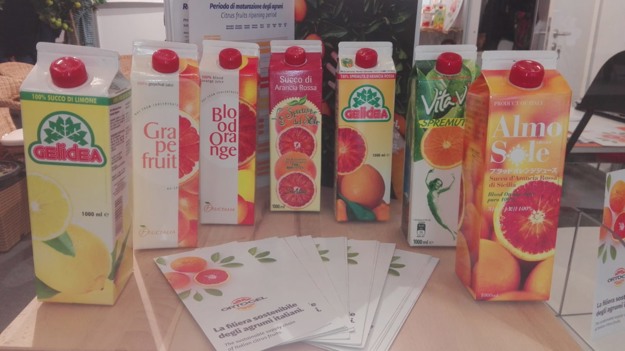
"No less important is the problem of phosphite contamination in derived products. There is an EU legislation on this, but the Italian Ministry of Agriculture has granted a derogation until December 31/2025 regarding residues of the fungicide phosphetyl aluminum and of phosphoric acid. These are active substances in various plant protection products for the control of Peronospora and Phytophthora in various crops. This derogation is valid only for products sold in Italy, but not abroad, with serious consequences for Italian companies that find the metabolites of such crop protection agents on their fruit. It means they cannot place their products, fresh or processed, on the European market," concluded Imbesi.
"We therefore hope to see an agreement between the Italian institutions and Europe to set new MRLs, given that most crops in Sicily and Italy are grown on soils of volcanic origin that are precisely rich in phosphorus/phosphonic acid."
For more information: 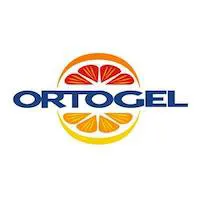
Ortogel Spa
C.da Balchino Zona Industriale
95039 Caltagirone (CT) (Italy)
Tel.: +39 0933 1902800
Cell.: +39 348 8949166
Email: info@ortogel.com
Web: www.ortogel.eu
